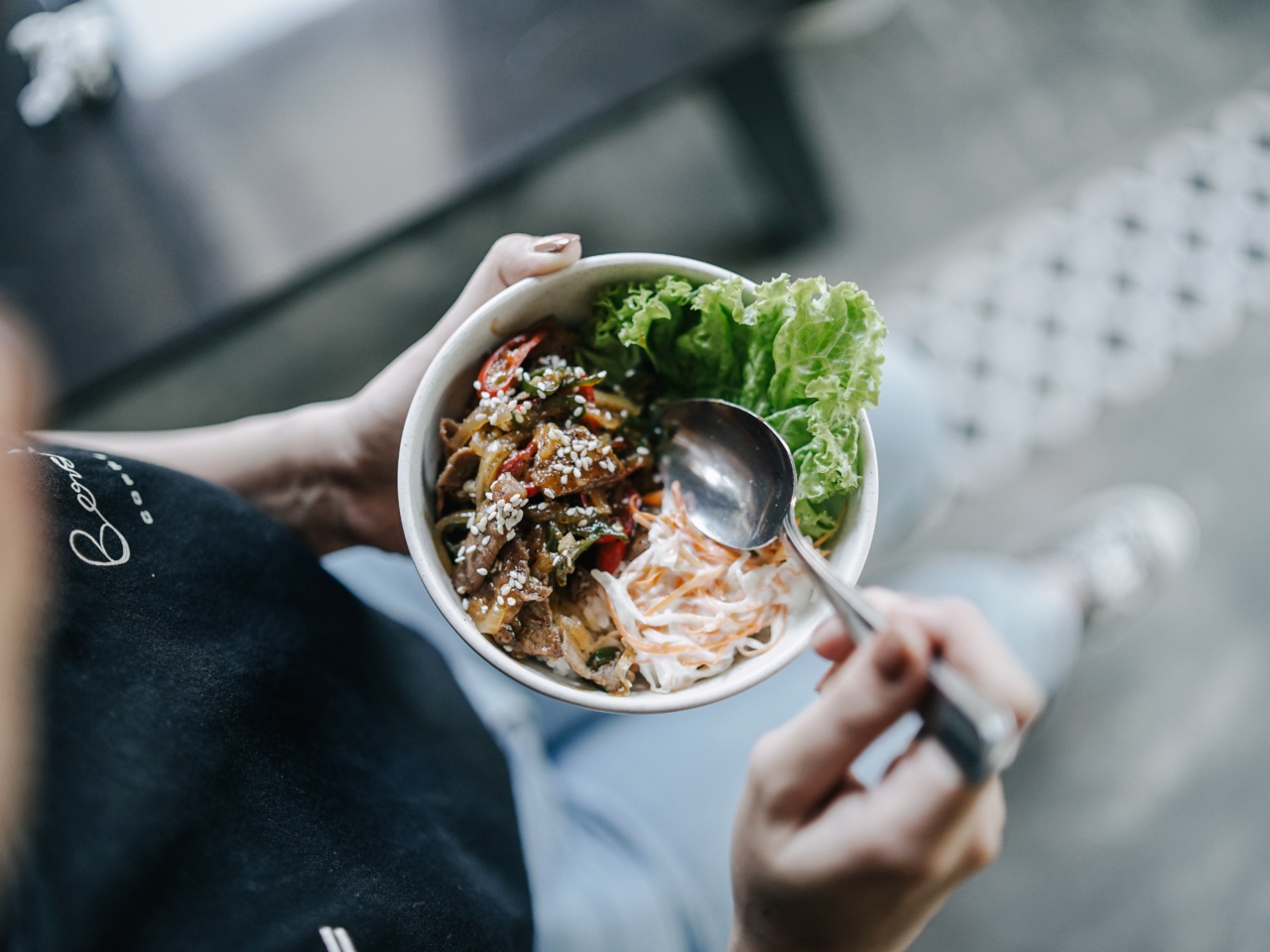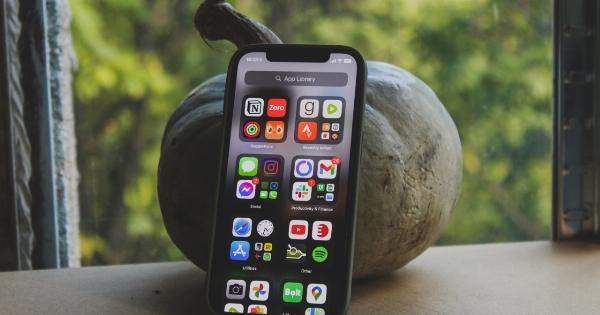Meal planning is a critical part of managing diabetes. By preparing healthy and balanced meals in advance, you can ensure that you are making the right choices and keeping your blood sugar levels in check.
In this article, we will share some meal prep ideas specifically tailored for diabetics. These ideas are delicious, nutritious, and easy to incorporate into your routine.
1. Begin with a Well-Balanced Plate
When planning your meals, it’s important to start with a well-balanced plate. This means including a source of lean protein, a variety of colorful vegetables, a small portion of whole grains, and a healthy fat.
This combination will provide you with the necessary nutrients while also helping to control your blood sugar levels.
2. Portion Control is Key
Managing portion sizes is crucial for diabetics. By measuring your food portions, you can ensure that you are not overeating or consuming too many carbohydrates which can lead to spikes in blood sugar levels.
Invest in a measuring cup and a food scale to help you accurately measure your portions.
3. Prepping Breakfasts
For busy mornings, consider preparing your breakfasts in advance. Overnight oats are a great option that you can assemble the night before and grab on your way out the door.
Mix together rolled oats, almond milk, chia seeds, and a natural sweetener of your choice. Add mixed berries or sliced banana in the morning for added flavor and nutrients. You can portion this into individual containers or mason jars for a convenient and healthy breakfast on the go.
4. Lunch Box Salads
Salads are a fantastic option for lunch, as they allow you to incorporate various vegetables and lean proteins.
Prepare a large batch of salad mix using a combination of leafy greens like spinach or romaine lettuce, cherry tomatoes, cucumbers, and peppers. Portion the mix into individual containers and add a small container of dressing or vinaigrette on the side. Top each salad with grilled chicken breast, canned tuna, or chickpeas for a protein boost.
5. Cook Ahead Proteins
Before the week starts, cook a large batch of lean proteins such as grilled chicken breast, turkey meatballs, or baked fish fillets. Divide them into portions and store them in the fridge or freezer.
These proteins can be easily reheated or added to salads, stir-fries, or wraps throughout the week.
6. Roasted Vegetables for the Win
Roasting vegetables is a simple and delicious way to ensure you’re getting enough fiber and nutrients. Chop a mix of your favorite vegetables such as broccoli, cauliflower, bell peppers, and zucchini.
Toss them in olive oil, salt, and pepper, and spread them out on a baking sheet. Roast in the oven at 400°F (200°C) for about 20-25 minutes until they are tender and slightly caramelized. These roasted veggies can be stored in the fridge and added to meals throughout the week.
7. Freezer-Friendly Meals
Consider making large batches of soups, stews, or casseroles that can be portioned out and frozen for later use. These frozen meals can be a lifesaver on days when you don’t have time to cook.
Just reheat and enjoy a healthy and hearty meal without the hassle of cooking from scratch.
8. Snack Smart
Snacking can be an important part of managing diabetes, as it helps to regulate blood sugar levels between meals. Instead of relying on unhealthy snacks, prepare diabetic-friendly snacks in advance.
Some ideas include pre-cut vegetable sticks with hummus, Greek yogurt with berries, or a small handful of nuts and seeds.
9. Don’t Forget About Hydration
Staying hydrated is vital for overall health and can also help with blood sugar control. Prepare reusable water bottles or infused water pitchers with slices of lemon, lime, or cucumber to encourage you to drink more water throughout the day.
If plain water becomes boring, herbal teas or flavored sparkling water can also be great options.
10. Keep a Food Diary
A food diary can be an invaluable tool for anyone managing diabetes. By keeping track of what you eat, you can identify patterns and understand how certain foods affect your blood sugar levels.
This awareness can help you make more informed choices and optimize your meal prep in the future.






























